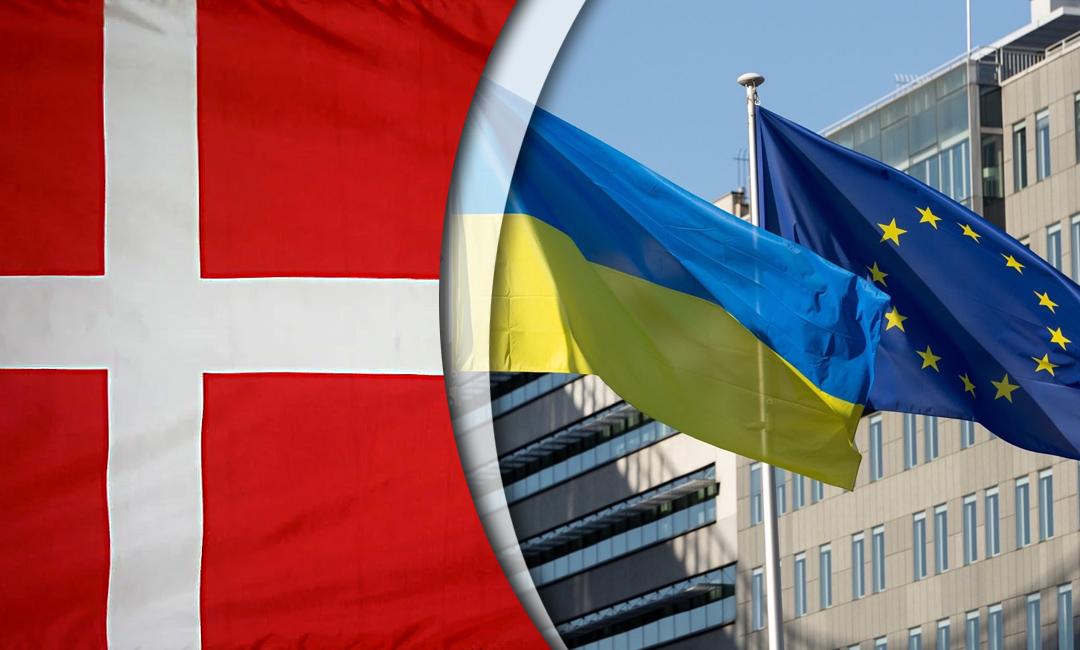Denmark Prepares Measures to Support Ukraine’s EU Integration Amid Hungary’s Block

Despite Hungary's resistance to Ukraine's accession to the EU, Denmark is developing measures to support reforms and further progress in the negotiation process.
The Gaze reports on it, referring to Ukrinform and European Pravda.
Hungary continues to block Ukraine's accession to the European Union, citing public opinion in the country.
Hungarian Minister for European Affairs Janos Boka said that more than 70% of Hungarians do not support Ukraine's accession to the EU. He stressed that this political reality should be taken into account.
Budapest opposes any mechanisms for advancing negotiations without the agreement of all member states, as this, according to Boka, would contradict the EU's previous enlargement procedures.
Boka confirmed that recent meetings with Ukrainian Deputy Prime Minister for European and Euro-Atlantic Integration Taras Kachka were more like discussions than formal negotiations.
“I would not call these meetings negotiations. I would rather call them discussions. We are trying to learn about each other's positions and views and build a certain political trust that can become the basis for further discussions,” the Minister said.
At the same time, Denmark, which currently holds the EU presidency, is actively working to support the negotiation process and reforms in Ukraine, even without the formal opening of negotiation clusters.
Danish Minister for European Affairs Marie Bjerre noted that the country is preparing political and practical measures to advance the process.
“We are still putting pressure on Hungary. Our initial goal remains to open the first cluster and, preferably, other clusters as well,” said Bjerre.
According to her, Ukraine is ready to open all clusters this year, which has been confirmed by the European Commission.
It is expected that the Danish measures will ensure the rapid closure of clusters in the future and bring Ukraine closer to EU membership.
As The Gaze reported earlier, the European Union is considering ways to speed up decision-making in foreign policy, where most issues currently require unanimity, which has been hampered in recent years by Hungary's position.